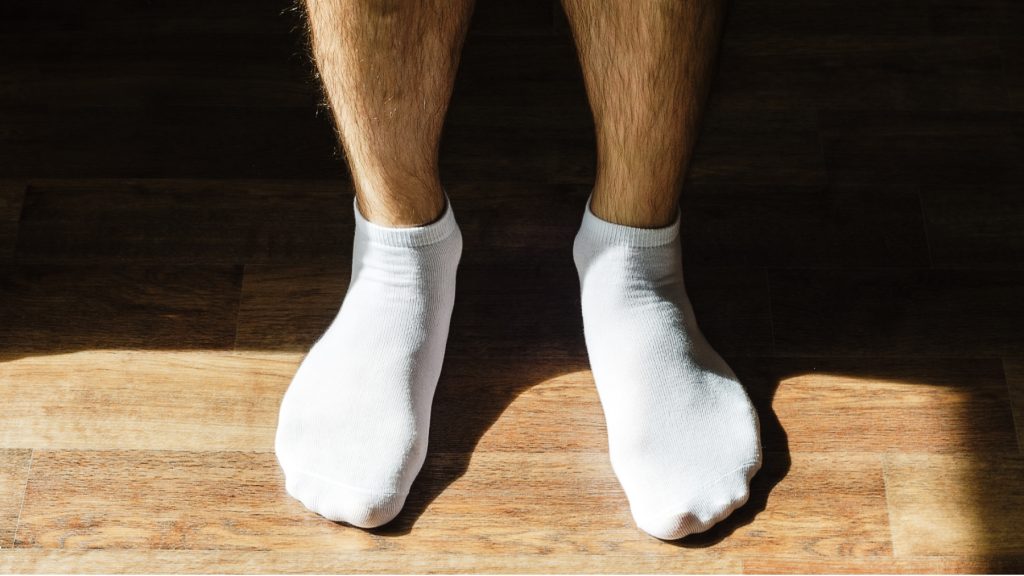
The University of Exeter in Devon, England, has been developing smart sock technology. This is to help those who suffer from dementia.
These socks collect data from the wearer, which is then sent by wifi to an app. Whoever has the app can see real time data which includes heart rate, temperature, sweat rates and motion.
People who suffer from dementia are very often unable to signal when they’re in distress. Which means they suffer without anyone knowing they’re suffering. The smart sock technology can pick up symptoms of impending pain or illness and alert the app user. Just as important, the app can read the symptoms of imbalance through motion detectors. Thus, one of the most unfortunate side effects of dementia or even just advanced age – falling over – can be prevented.
Benefits extend beyond dementia
As far as the technology is concerned, smart socks are not limited to helping the aged and/or dementia sufferers. The criteria here is a technology that can speak for those who can’t. This means those on the autism spectrum will benefit enormously. So too will those with other learning disabilities. Such disabilities include Dsylexia, Dyscalculia, Dysgraphia, auditory processing disorder, language processing disorder and visual motor deficit.
The technology went on trial at a care home in Bristol and a supervisor there gave another perspective on the value of smart socks.
She observed that it’s impossible to assign a caregiver to every person in the country who cannot communicate their discomfort or distress. But it will be possible to supply a pair of these socks to everyone, and the app to someone close to them. That person can act accordingly.
On the longer term, this technology will provide valuable data to create better medicines for preventative and even palliative care.
Inside Telecom provides you with an extensive list of content covering all aspects of the Tech industry. Keep an eye on our News section to stay informed and updated with our daily articles.